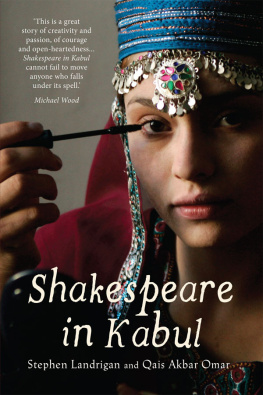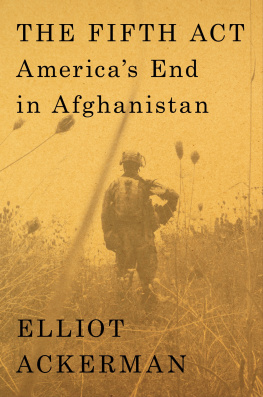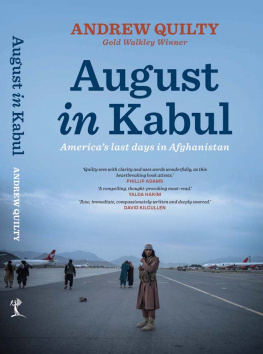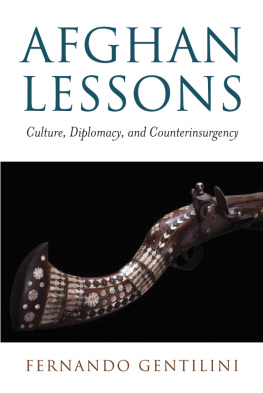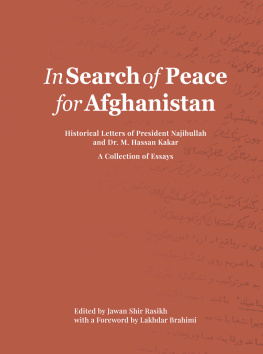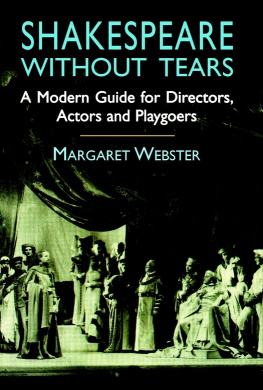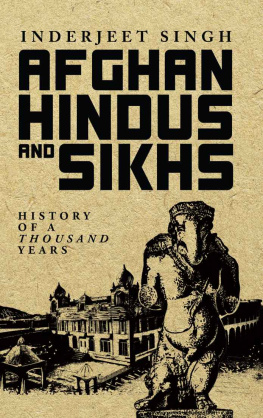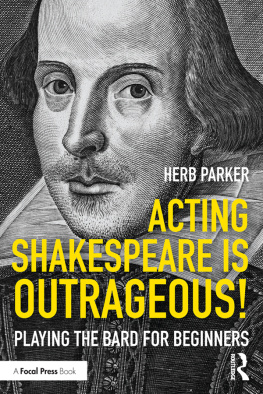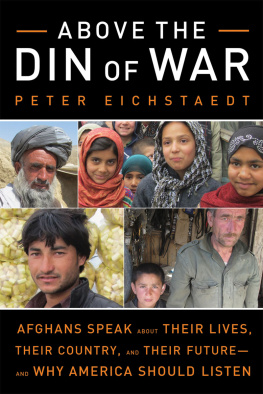Shakespeare in Kabul

First published in Great Britain in 2012 by Haus Publishing Limited
HAUS PUBLISHING LTD.
70 Cadogan Place, London SW1X 9AH
www.hauspublishing.com
Copyright 2012 by Qais Akbar Omar and Stephen Landrigan
ebook ISBN 978-1-907822-48-3
Typeset in Minion by MacGuru Ltd
info@macguru.org.uk
A CIP catalogue for this book is available from the British Library
CONDITIONS OF SALE
All rights reserved. No part of this publication may be reproduced, stored in a retrieval system, or transmitted in any form or by any means, electronic, mechanical, photocopying, recording or otherwise, without the prior permission of the publisher.
This book is sold subject to the condition that it shall not, by way of trade or otherwise, be lent, re-sold, hired out or otherwise circulated without the publishers prior consent in any form of binding or cover other than that in which it is published and without a similar condition including this condition being imposed on the subsequent purchase.
for Elspeth Cochrane
In 2005, a group of Afghan actors performed William Shakespeares Loves Labours Lost in Kabul. It was the first time in nearly thirty years that men and women had appeared on stage together there. The world took notice. Nothing more poignantly captured the rising tide of optimism that was then sweeping post-Taliban Afghanistan.
Directed by Paris-based actress Corinne Jaber, the actors had confronted a series of daunting challenges: the complex language of the play, their inexperience doing theatre, the unyielding pressure of living in a conflict zone. In the end, though, they created one of the most unlikely productions of Shakespeare ever, and, in its own way, one of the most successful.
Loves Labours Lost was a bold celebration of a new Afghanistan that the actors believed was taking shape around them. Yet less than a year later, when they toured the production to Mazar-e-Sharif and Herat, they discovered that their expectations for the future were not shared by all Afghans.
In the disappointments and violence of the years that have followed, Loves Labours Lost appears all the more remarkable. It has become emblematic of both an extraordinary moment of hope, and a fleeting glimpse of what Afghanistan may someday yet become.
And for the actors as they remain committed to their vision of that new Afghanistan, Loves Labours Lost was a critical first step on a journey of discovery that continues for them still.
This is their story.
Exposition
by Stephen Landrigan
Prologue
Kabul. March, 2005.
The late afternoon air was unusually soft for Kabul, especially in the garden where we stood. It was a few days after Naw Ruz, the Zoroastrian New Year that falls on the first day of spring. Almond trees were in bloom, and their delicate scent was complemented by an angled light sifting over a small mountain nearby.
It was a noblemans garden, laid out a century and a half earlier. It nestled between the arms of a large, gracious mansion that embraced it on three sides. A high wall enclosed it on the fourth. A small landscape of terraces, balconies, small niches and grand staircases made it feel like a place where special things should happen.
Everything about the garden was in stark contrast to the street outside. We had walked up a steep, deeply rutted lane that was muddy with water from squatters houses. Their drains emptied untreated into the street. We carefully watched where we put our feet as we sidestepped the streams of effluent and dodged the taxis that use the narrow lane as a shortcut. As we made our way up, bicycles and little kids raced down. Several women in blue or white burqas walked past, their hands tightly gripping those of young boys or girls on whose eyes they depended to see where they were going.
From below us, a rage of horn-blowing swept up from Salang Watt, one of Kabuls busiest streets. Buses, cars and pushcarts loaded with fruits and vegetables vied to inch forward. A police car with its siren blaring was as caught in the gridlock as the rest. Everyone was in a hurry to get home. Shops were clanking down their metal shutters. Youngsters were running to nearby bakeries to buy bread for their familys dinners. The muezzins in the mosques were calling for the evening prayers. The air was filled with smoke, dust, and the smell of sweat and open ditches.
Mud-brick walls rose up on either side of the lane as we climbed with no indication what lay within. Ahead of us, where the road swerved to the left, a small cemetery held a dozen graves marked by piles of stones and green flags fluttering in an early evening breeze. This place was once far out in the country; the dead had expected to rest in peace. But the city had engulfed them, and now even a small flat area next to the graves was crammed with vendors selling phone cards, chewing gum, cold drinks and cigarettes from carts called karachis.
Just before the cemetery was a large entry through the wall on our right. Its thick wooden door, unlike any of the others we had passed, was wide open. A small sign above it read: Foundation for Culture and Civil Society.
Now we were inside. The wealthy family who owned this house was living elsewhere, renting out their mansion to the kharijees, the foreigners, for large sums. In these post 9/11 days, Kabul had been filling up with foreigners from dozens of countries. They had come to Afghanistan to put it to rights. I was one of them. I had arrived a year before, knowing nothing about Afghanistan, but hoping to be helpful.
I was with Corinne Jaber. She had come to Afghanistan to visit a friend. It was her first trip here. We had met a few weeks before, and discovered that we had theatre in common. She was an actress living in Paris. I was a playwright who had lost heavily on a play I had written and directed at the Edinburgh Festival two years earlier. To pay off my backers, for whom the plays excellent notices were not enough, I had taken a job chronicling a U.S.-funded education programme in Afghanistan.

Corinne and I had just returned to Kabul from the northern city of Mazar-e-Sharif. We had gone there separately with different groups of friends to celebrate Naw Ruz, the traditional Afghan and Persian New Year that falls on the first day of spring.
By chance, we both had booked into the normally placid UNICA Guest House operated by the United Nations. We were part of a swarm of foreigners who crammed into the high-ceilinged rooms of its Edwardian-era mansion and the small lodges scattered around its gardens. A dozen languages could be heard at the large table where we dined together.
Everyone had stories to tell about their work and adventures in Afghanistan. Everyone saw good things ahead in 1384, as Afghans styled the new year by the Muslim calendar, even though the tradition of celebrating Naw Ruz extends back at least a millennium before Islam to the Zoroastrians.
A blind optimism had swept Afghanistan following its incident-free presidential elections six months earlier. After three decades of turmoil and war, Afghanistan was on the path to better days, and everybody knew it.
No one was more upbeat than Robert Kluijver, a Dutchman working as the director of the Foundation for Culture and Civil Society. He had come to Mazar to oversee a festival of music and poetry to mark Naw Ruz. The Mulla-e-Gul-e-Surkh, the Red Flower Festival, is named for the wild tulips that spring up all across Afghanistan in the weeks around
Next page
